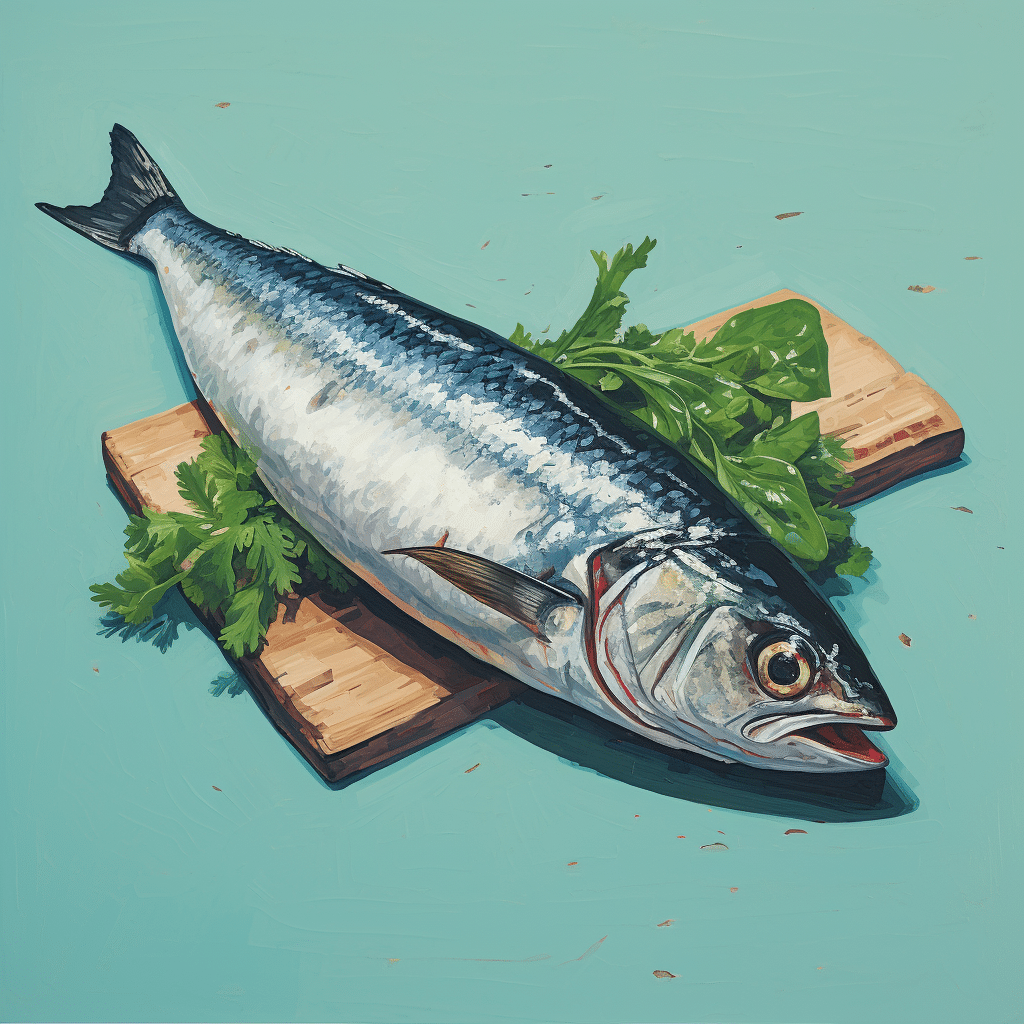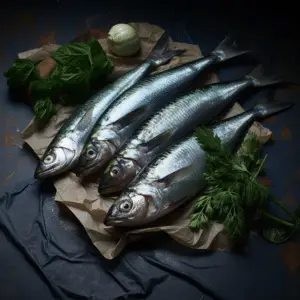
Why Is Mackerel So Cheap? Affordable Seafood Explained
Mackerel affordability: If you love seafood, you’ll agree with me that each type has its distinct taste, aroma, and flavor. Common fish like tuna, salmon, mackerel, and other seafood like prawns, crabs, lobsters, and octopus have good yet unique flavor profiles. Besides tasting good, seafood is an excellent source of protein and great for your muscles. It also contains omega 3 and 6 fatty acids for optimal brain and heart health.
Seafood is readily available across many locations and is relatively affordable. However, that doesn’t mean all seafood costs the same. Some fish are on the higher price end than others. And a good example is tuna, which is comparatively more expensive than other fish types. Then there’s mackerel being extremely affordable. You may wonder, why is mackerel so cheap? Stay tuned!

Why Is Mackerel So Cheap?
There are a couple of reasons explaining the affordability of mackerel fish. They include:
Always In Season
Mackerel is a fast-replenishing fish, taking about 2-4 years to reach breeding maturity. As such, it’s almost always in season. The Environmental Defense Fund ranked mackerel as a choice fish, thanks to its availability.
In Newfoundland, mackerel is in season from August into November, whereas in Nova Scotia they’re in season starting from May through July. As for the United States, Spanish mackerel from the Chesapeake Bay is most available during summer when the waters are warm.
That’s around June through October. The availability of mackerel all year round ensures its supply is high throughout. An increased supply vs. demand translates to lower prices.
Sustainability
Another reason for mackerel’s affordability is the sustainability of the fishing method used. Mackerel are fished using a purse seine method, which involves dropping a set of nets in areas where a large fish population is located. This method doesn’t have any impact on the environment. And so cannot make the ocean unfavorable for mackerel survival, reducing their population.
Other methods that can be used to catch mackerel, like the one using mid-water trawls, damage the ocean floor and may involve some bycatch. This interferes with sustainability and may significantly reduce the mackerel population. For this reason, avoid buying fish caught using this method. You can ask your fishmonger about the method used or opt to purchase wild-caught fish.
Taste
Not all people are the same. And what one fancies, the other may loath. The same is valid for mackerel. Some people swear by mackerel that it’s delicious and cannot get enough of it. However, most people don’t like it and prefer other fish types like salmon or tuna.
According to most people, mackerel has a strong smell which usually puts them off. Others note that the fish is very fatty, especially bigger fish. So, despite this fish being readily available and affordable, it has a low demand. The low demand makes mackerel cheap.
About Mackerel
Mackerel is a saltwater fish that belongs in the same family as tuna and bonito, Scombridae. The fish is rounded and torpedo-shaped, has a forked tail and tiny files behind the anal and dorsal fins, with dark pink flesh.
Mackerel is a predator and eats small fish, fish eggs, and crustaceans like crabs, plankton, and mollusks. This type of fish congregates in groups, swim in the upper 25-30 fathoms of the water during summer, and descends to deep waters about 100 fathoms during winter months. Mackerel spawn during early summer and spring along coastlines. The eggs of this fish float in water, drift in the top five fathoms of water and are around 0.04 inches (1 mm) in diameter. Mackerel fish is caught by nets, not angling.
How Does Eating Mackerel Affect Your Health?
Mackerel, whether canned or fresh, has various health benefits. They include:
Improve Heart Health
Mackerel is an oily fish with reasonable amounts of omega 3 and 6 fatty acids. According to American Heart Association, getting sufficient omega 3 and 6 fatty acids can help reduce heart disease risk. This body lists mackerel as an example of fatty fish that healthy individuals should eat 2-3 times a week.
May Prevent Anemia
Mackerel is an excellent source of iron, folate, and vitamin B12. These nutrients are essential in building blood and preventing anemia. And their insufficiency can lead to this condition. Besides, the National Institute of Health recommends eating fish, meat, and shellfish to prevent anemia. And that iron in fish is more readily available than from plant sources.
May Reduce Age-Related Cognitive Decline Risk
Research suggests that consuming seafood may help prevent age-related cognitive decline. And fish provide DHA and EPA, which are linked with improved cognitive function, especially in those with Alzheimer’s.
May Reduce Type 2 Diabetes Risk
According to studies, eating foods Mackerel affordability high in saturated fat increases your risk of diabetes. In contrast, consuming foods with high amounts of polyunsaturated fats reduces the risk. And since mackerel is an oily fish with high levels of polyunsaturated fats, it may reduce your risk of type 2 diabetes.
How Do You Buy Mackerel Fish
If you want to buy mackerel, it’s best to buy it fresh. Fresh mackerel has a firm flesh, shiny body, and clear eyes. Avoid brown, dried-out, dull-looking fish or those that smell fishy or like ammonia. If buying frozen fish, ensure it still smells fresh, not rotten. Look for mackerel with a blue tint, tight, not wrinkly, with rosy-red gills, lively protruding eyes, and resilient-textured flesh.
Once bought, refrigerate or place the fish on ice as soon as possible. And ensure you cook it within 2-3 days. If you don’t intend to cook it soon, wrap it in a Ziploc bag and place it in the freezer. Frozen mackerel can keep up to three months.

Thaw the raw fish in a cold water container or the fridge. And cook it until it attains an internal temperature of 145 degrees Fahrenheit. When dealing with canned fish, eating it past the “use by” date is okay. But ensure the can is not swollen, rusted, or dented. Once opened, consume within 3-4 days.
Conclusion
Mackerel is a Mackerel affordability saltwater fish with an excellent nutrition profile. Its availability all year round, sustainability, and low demand make this type of fish extremely affordable.